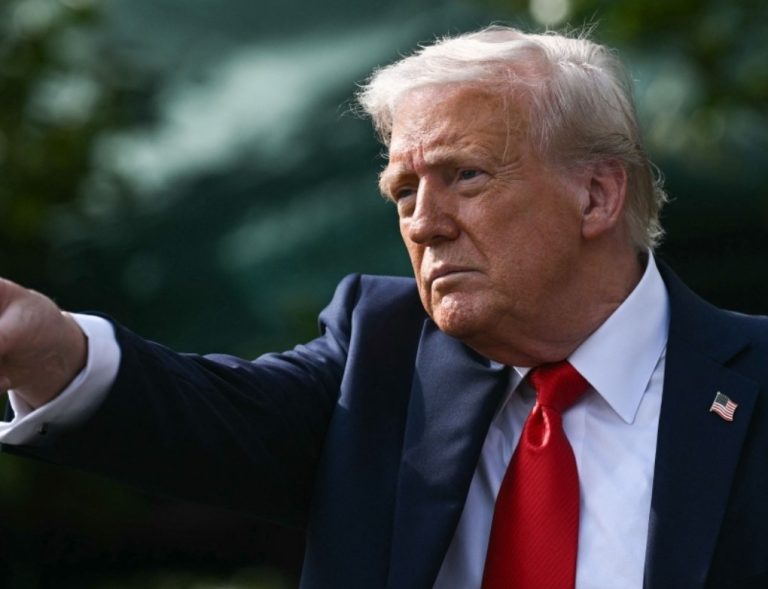The Trump administration has taken a decisive action against Harvard University by freezing $2.2 billion in multi-year grants and $60 million in multi-year contracts after the university rejected a series of policy demands from the federal government. This move marks a significant escalation in the ongoing conflict between the White House and elite academic institutions over issues of academic freedom, federal oversight, and the handling of campus protests.
The Demands and Harvard’s Response

The Trump administration’s demands included the elimination of Harvard’s diversity, equity, and inclusion (DEI) programs, a ban on masks at campus protests, merit-based hiring and admissions reforms, and a reduction in the power held by faculty and administrators “more committed to activism than scholarship”. The administration also called for audits of academic programs and departments, along with the viewpoints of students, faculty, and staff.
Harvard President Alan Garber responded by stating that the university would not comply with these demands, asserting that they violate the university’s First Amendment rights and exceed the federal government’s authority under Title VI. Garber emphasized that Harvard would not surrender its independence or constitutional rights, and that the university has already taken extensive measures to address antisemitism on campus.
Impact on Research and Academic Programs
The funding freeze will have a profound impact on Harvard’s research capabilities, particularly at the Harvard T.H. Chan School of Public Health, where about 46% of the total budget for fiscal year 2025 comes from federal funding. This funding has been crucial for breakthrough research on diseases such as cancer, Alzheimer’s, and HIV, as well as for studies on environmental pollutants and occupational hazards.
Broader Implications and Reactions
The conflict between the Trump administration and Harvard highlights the broader debate over the role of federal oversight in higher education and the limits of academic freedom. Other universities, including Columbia, have faced similar threats of funding cuts for not complying with the administration’s demands. The American Association of University Professors has filed a lawsuit against the Trump administration, arguing that the funding cuts violate Title VI and the First Amendment.
Harvard’s stance has been supported by many within the academic community, who argue that the administration’s demands represent an overreach of federal power and a threat to the independence of higher education institutions. The university’s refusal to comply with the demands has been seen as a defense of academic freedom and the constitutional rights of students and faculty.
Looking Ahead
The standoff between the Trump administration and Harvard University underscores the ongoing tensions between the federal government and higher education institutions. As the administration continues to use funding as a tool to enforce its policies, the future of academic freedom and federal oversight remains a critical issue for universities across the country

